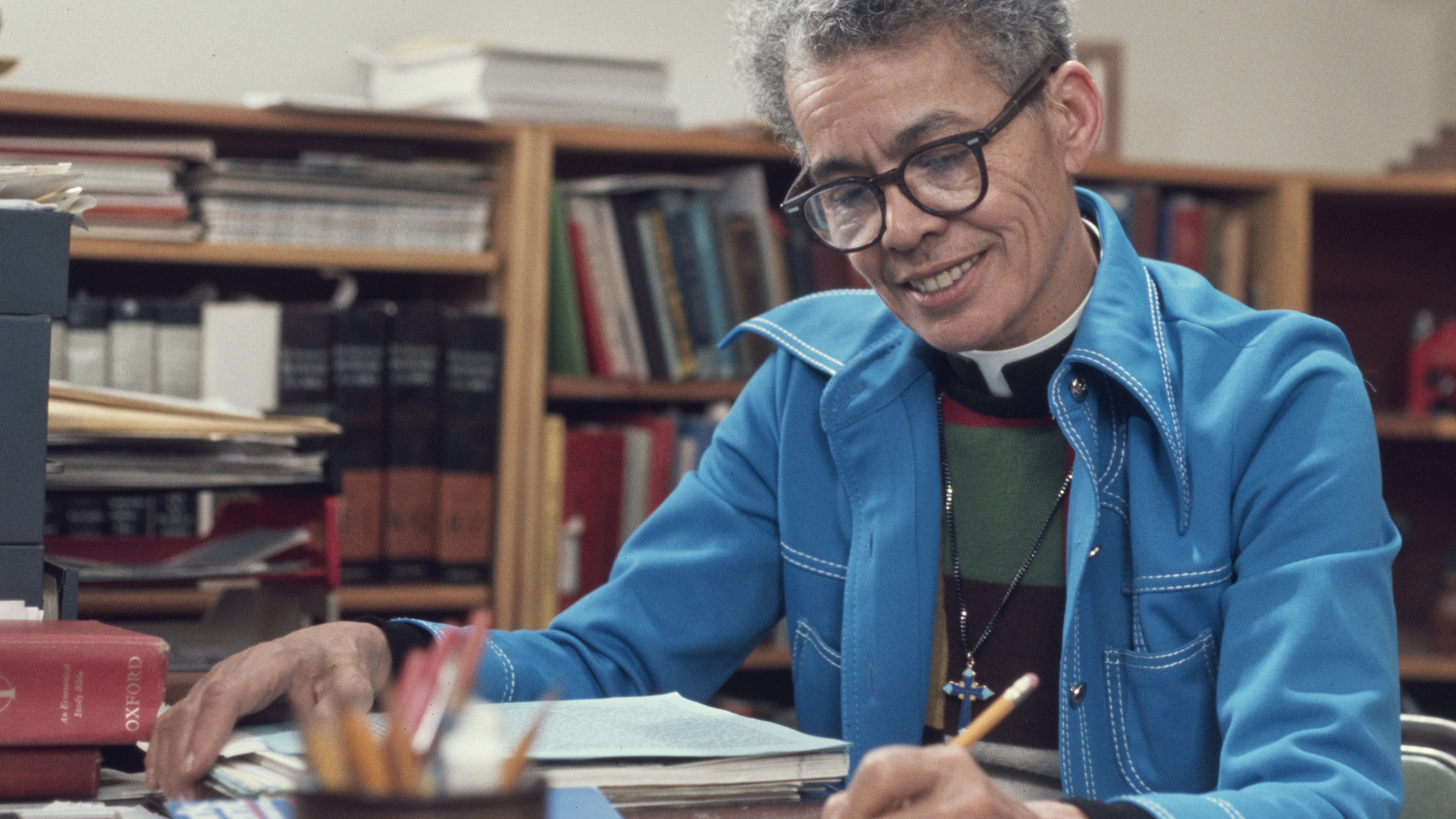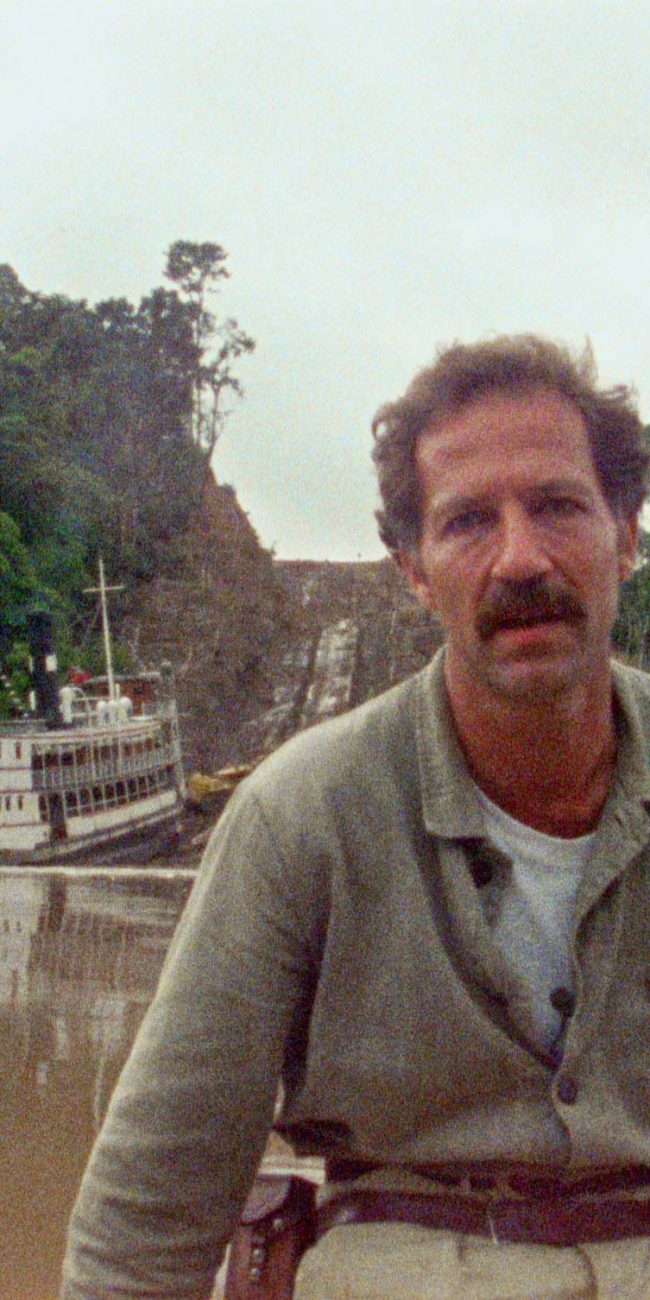MY NAME IS PAULI MURRAY

(The 2021 Sundance Film Festival ran January 28- February 3, all virtually as well as with drive-ins sprinkled around the U.S.. Hammer to Nail is bringing you a ton of coverage so, keep coming back! Like what you see here on Hammer to Nail? Why not give just $1.00 per month via Patreon to help keep us going?)
Pauli Murray (1910-1985) was many things, among them an activist, attorney, poet and priest. As a queer Black woman, she faced inordinate obstacles, yet managed not only to lift herself up, but the rest of us, too. Her writings informed the thinking of the civil-rights lawyers – among them Thurgood Marshall – who successfully argued the 1954 Brown v. Board of Education case before the United States Supreme Court. Murray also proved a huge influence on Ruth Bader Ginsburg, herself to go before the same court in the 1970s and win case after case to strike down discrimination against women.
And yet, while both Marshall and Ginsburg have seen their share of encomia and other tributes, not so much Murray. She is overdue, therefore, for at least a cinematic paean, which directors Julie Cohen and Betsy West, fresh off their success with the 2018 RBG, are more than happy to give her. Enter My Name Is Pauli Murray, a stirring documentary that lays out all the reasons why its subject deserves her place in the annals of history.
I count myself among the not-so-blissfully ignorant, yet now have seen the light. After watching this beautifully assembled documentary, which combines archival footage and photographs with modern-day interviews and voiceovers, I am left in awe at the breadth and depth of Murray’s achievements. Graduating from college in the midst of the Great Depression, she made her way through those fraught times with surprising freedom, hitchhiking across the country in the company of a young white woman with whom she also had a passionate romantic liaison.
At the same time, she questioned her own gender identity, and would later at least pursue tentative questions about how to transition. In this and all things, she was fortunate to have a loving, extremely supportive (emotionally and financially) aunt, but her choices and actions were all uniquely her own. Refused entry into the University of North Carolina’s law school on account of her race, she went to Howard University, instead, along the way befriending America’s first lady, Eleanor Roosevelt. And all this by the time she was 30. Now that’s a life!
And only the mere beginning of one. We learn so much more about her, including the incomparable manner of expressing herself on the page and in person that made her such a commanding presence, even as she battled racial prejudice and sexism. She even survived long enough to discover, as do we all, that ideas once deemed progressive now seemed far less so once younger generations arrived on the scene.
Yet now, with the remove of time, it’s clear how much she contributed in multiple spheres. Her words grace the screen here, both spoken (by her and others) and in overlayed text testifying to the brilliance of her mind and creativity of her spirit. Pauli Murray was a force to be reckoned with, and a powerhouse in all endeavors. May she be remembered, now and forever.
– Christopher Llewellyn Reed (@ChrisReedFilm)











